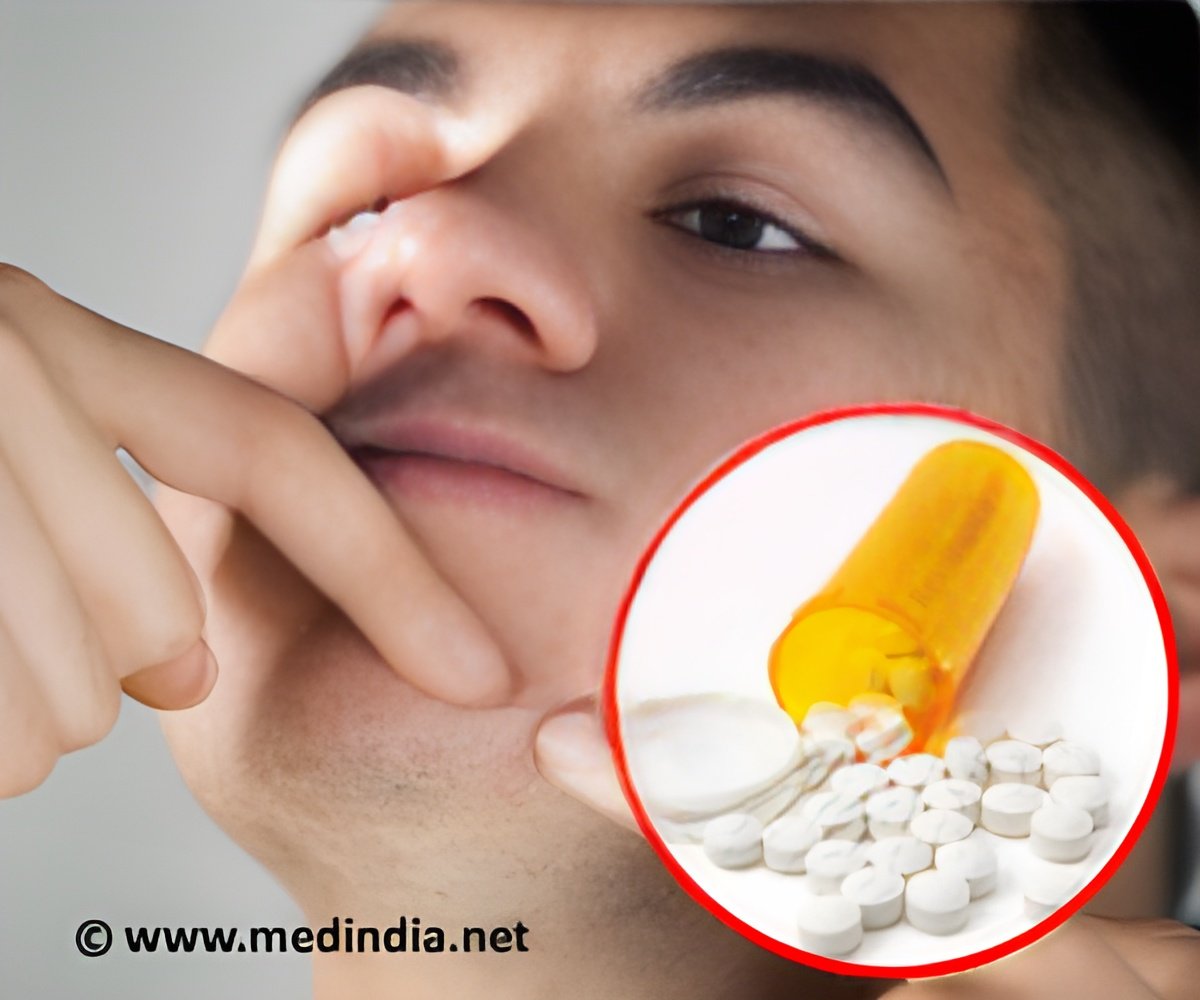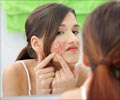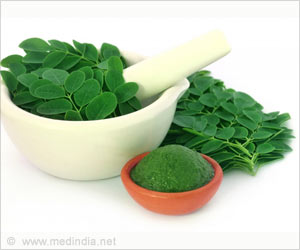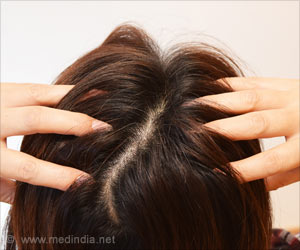Acne is among the most dreaded skin problems around the globe. Studies show that with an increase in the use of medications to combat acne, resistance has developed among the acne bacteria.

The minute menace: P. acnes, the bug that has probably affected every single adolescent and adult, is now on the loose and is more powerful and strong, according to recent studies. This deadly bacterium is responsible for the condition known as acne vulgaris, which develops as below:
• Bacterial colonization is established on the skin, which ultimately leads to multiplication and acne production.
• Excess sebum (oil) production leads to clogged pores and provides favorable conditions for bacterial growth.
• Inflammation due to rupturing of parts of the skin or any other physical agent makes for a hospitable environment for P. acnes.
• Abnormal keratinization, a skin condition, increases the susceptibility to P. acnes.
Red, ugly and painful: Acne occurrence among teenagers has compelled the use of oral antibiotics and antibiotic-containing topical creams. Studies show that over 5 million prescriptions of oral antibiotics are written each year, to treat acne. It is this antibiotic abuse which has caused the strain P. acnes to develop resistance to antibiotics.
Recent studies suggest that this type of resistance is not just limited to P. acnes, but also other potentially dangerous bacteria like Staphylococcus aureus and Streptococcus pyogenes, which may even prove to be fatal.
On the final note, though extensive research is currently being done, scientists suggest the use of benzoyl peroxide with an antibiotic, which can help counteract the drug-resistant P acnes. Also, it is important to note that P acnes alone is not responsible for causing acne. Many other factors including pore-clogging, excess sebum secretion and genetic factors may contribute to P acnes susceptibility. It thus becomes equally important to adopt measures to keep away these acne-causing bacteria. Keeping the skin clean at all times, using an astringent solution or a toner to help maintain the oil balance and using anti-inflammatory drugs such as retinoid and isotretinoids may help control and reduce the occurrence of acne.
Reference:
http://www.ncbi.nlm.nih.gov/pubmed/21355786
Source-Medindia














